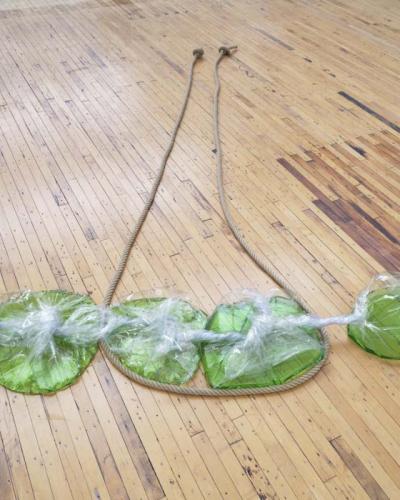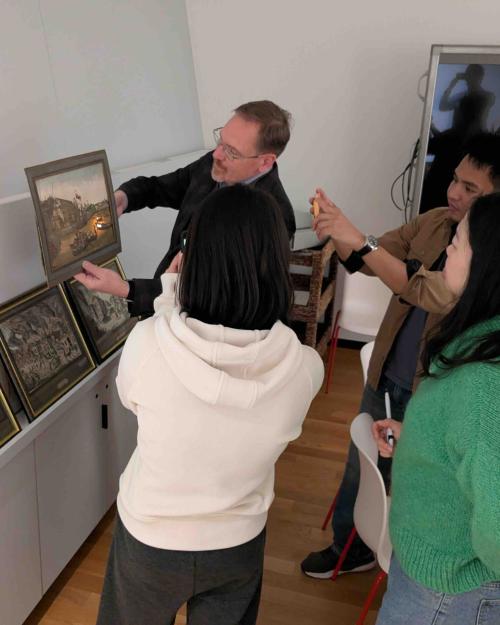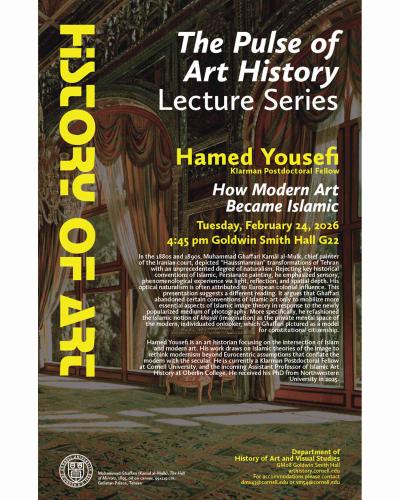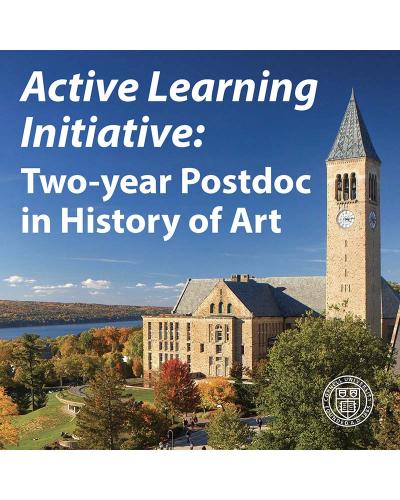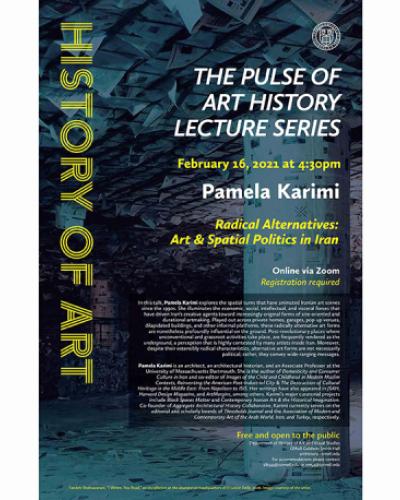Radical Alternatives: Art & Spatial Politics in Iran
The Pulse of Art History - Pamela Karimi 2.16.21
Please register in advance for this talk
In this talk, Pamela Karimi explores the spatial turns that have animated Iranian art scenes since the 1990s. She illuminates the economic, social, intellectual, and visceral forces that have driven Iran’s creative agents toward increasingly original forms of site-oriented and durational artmaking. Played out across private homes, garages, pop-up venues, dilapidated buildings, and other informal platforms, these radically alternative art forms are nonetheless profoundly influential on the ground. Post-revolutionary places where unconventional and grassroot activities take place, are frequently rendered as the underground, a perception that is highly contested by many artists inside Iran. Moreover, despite their ostensibly radical characteristics, alternative art forms are not necessarily political; rather, they convey wide-ranging messages.
Pamela Karimi is an architect, an architectural historian, and an Associate Professor at the University of Massachusetts Dartmouth. She is the author of Domesticity and Consumer Culture in Iran and co-editor of Images of the Child and Childhood in Modern Muslim Contexts, Reinventing the American Post-Industrial City & The Destruction of Cultural Heritage in the Middle East: From Napoleon to ISIS. Her writings have also appeared in JSAH, Harvard Design Magazine, and ArtMargins, among others. Karimi’s major curatorial projects include Black Spaces Matter, and Contemporary Iranian Art & the Historical Imagination. Co-founder of Aggregate Architectural History Collaborative, Karimi currently serves on the editorial and scholarly boards of Thresholds Journal and the Association of Modern and Contemporary Art of the Arab World, Iran, and Turkey, respectively.
Image: Farideh Shahsavarani, “I Wrote, You Read,” an installation at the abandoned headquarters of Ettela’at Daily, 2006. Image courtesy of the artist.

